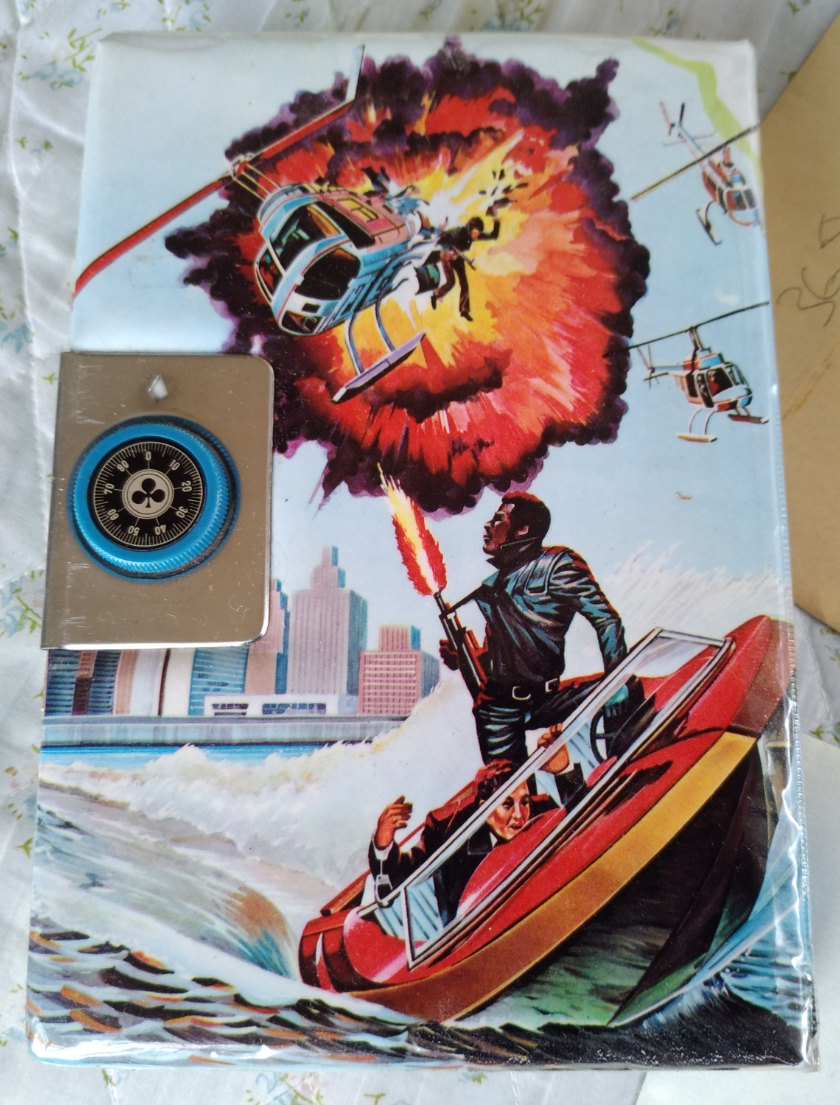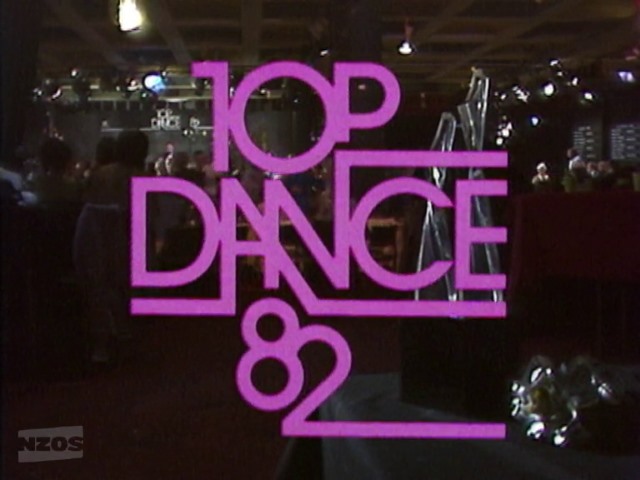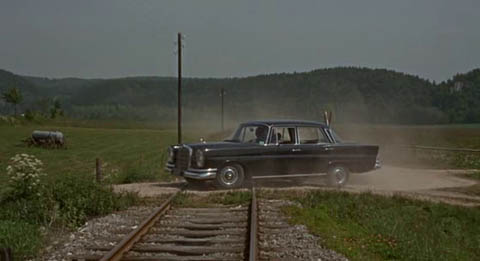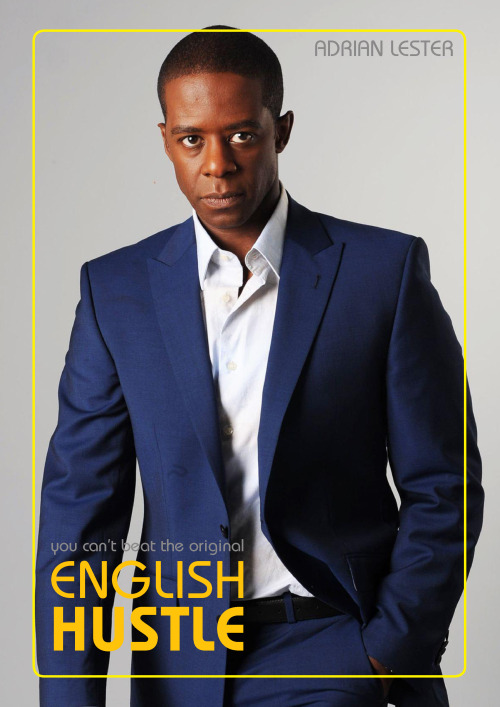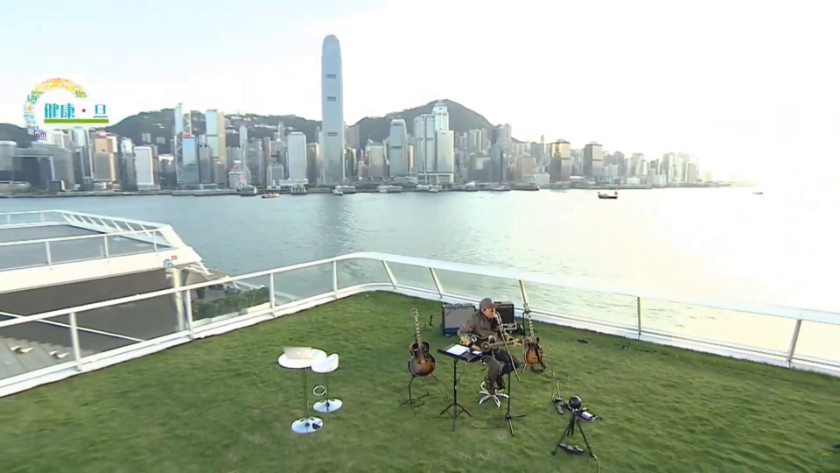
One bonus of the lockdown was the live Easter Day concert held by Hong Kong’s own Sam Hui (許冠傑), perhaps fairly described as the king of Cantopop.
I had no idea this was even on if it weren’t for the fire at the Baxter’s Knob transmitter that took out television transmission in our area. Faced with the prospect of no television during lockdown, and as I’m not a cat in an NZI commercial, I hooked up my laptop to the old LG monitor, relocated to the lounge, and streamed that evening.
We put on TV1 but later that night, I headed to RTHK TV31, a government-funded channel in Hong Kong, and came across the commercial for Sam’s live concert at 5 p.m. HKT on Easter Day, which translated comfortably to 9 p.m. NZST.
Hong Kong has some COVID-19 restrictions, with the safe distance a lower 1·5 m, though most people wear masks. Even TV hosts are masked on their programmes. There isn’t a big physical audience for the concert: just Sam, his guitar, sitting atop a building on the Kowloon side, with the Hong Kong Island business district skyline as the backdrop. The host is seated a suitable distance away. Some folks are seated in a roped-off area, sitting a bit closer, though masked. There’s a four-camera set-up. For such a massive star, this might have been his smallest physical audience, though on YouTube, the concert netted a six-figure audience (160,000 when I looked) around the world, and no doubt others will have watched on their television sets, while I watched on TV31’s stream. One source suggests a total viewing audience of over 2 million.
Sam’s still got the same voice, despite being in his 70s—for the most part, he sounds like the young guy in his 20s that I watched on TV before I emigrated, and whose cassette tapes I cherished when they arrived from Hong Kong in the first few years we were in Aotearoa.
For someone who missed contact with my birthplace, Sam’s music was a connection, something that took me back, a tiny slice of “home” that was both grounding and enjoyable.
In those early days, Sam’s music struck a chord with HKers because he often sang about the working class, and in plain language. Few artists had done this at the time; most lyrics tended to be in properly structured Chinese, so Sam broke new ground by singing colloquially. A skilled composer and lyricist, we saw him regularly performing his own songs on programmes such as 歡樂今宵 (Enjoy Yourself Tonight), a variety show that was a big hit back in the 1970s.
When he broke into films with his brothers, he was frequently cast as the hero type, and could genuinely claim to ‘star in it, write the theme tune, sing the theme tune.’
His solo career as an actor hit a high in the 1980s and as the video cassette boom began, I indulged in the 最佳拍檔 (Aces Go Places) series. Most kids in the west watching Hong Kong cinema knew about Bruce Lee or that new guy Jackie Chan, but we locals knew that Sam was who you watched if you wanted decent entertainment with a mix of action and humour—and the obligatory Sam Hui theme tune.
Watching the Easter Day concert brought back a lot of those feelings of connection, and Sam performed plenty of those earlier hits that anyone my age would know. You never lose your connection to the land in which you were born. Hong Kong might look different to how it did in the 1970s—the tallest building then, Connaught Tower, is dwarfed by the International Commerce Centre a short distance away—but the music took you back, and thanks to the cleaner air during the pandemic, the skies even looked as clear as they did back then. The city’s character remains intact, the concert a reminder of what unites Hong Kong people both there and abroad. We have a distinct culture, one that evolved through the will and the freedom of our people, that I hope will go on regardless of one’s political stripes.
The monitor, incidentally, was much easier to view than the television, with softer colours and less brightness. No matter how I played with the settings on the TV, I couldn’t get them to match. I suspect the TV has a lot of blue light, which makes prolonged viewing difficult. I notice that one can buy blue-light glasses, highlighting once again where we have gone wrong: we humans shouldn’t be adapting to technology, it’s technology that should be adapting to us. The LG (LED) monitor isn’t new, so clearly the technology is available to make TVs calmer on the eyes. Yet no one touts this as a selling proposition. Head into an appliance shop (outside of one’s lockdown) and all the TVs are set on the brightest setting, which would completely turn me off buying one.
Friends tell me that OLED is the way to go in terms of getting the right setting. One of these days I’m going to look into it, but I will bet you that no one who sells these things in the shops will know what a “calm” screen is. They’ll just get excited about forkay, or maybe even atekay, not someone who wants 32 inches or less who wants to preserve their eyesight. ‘Big! Big! Big!’

